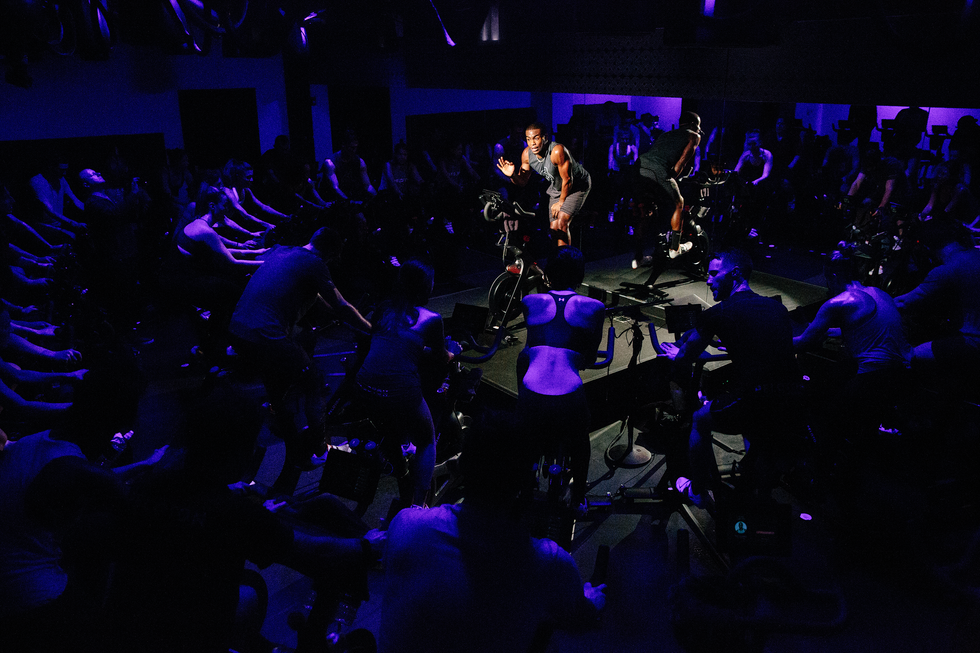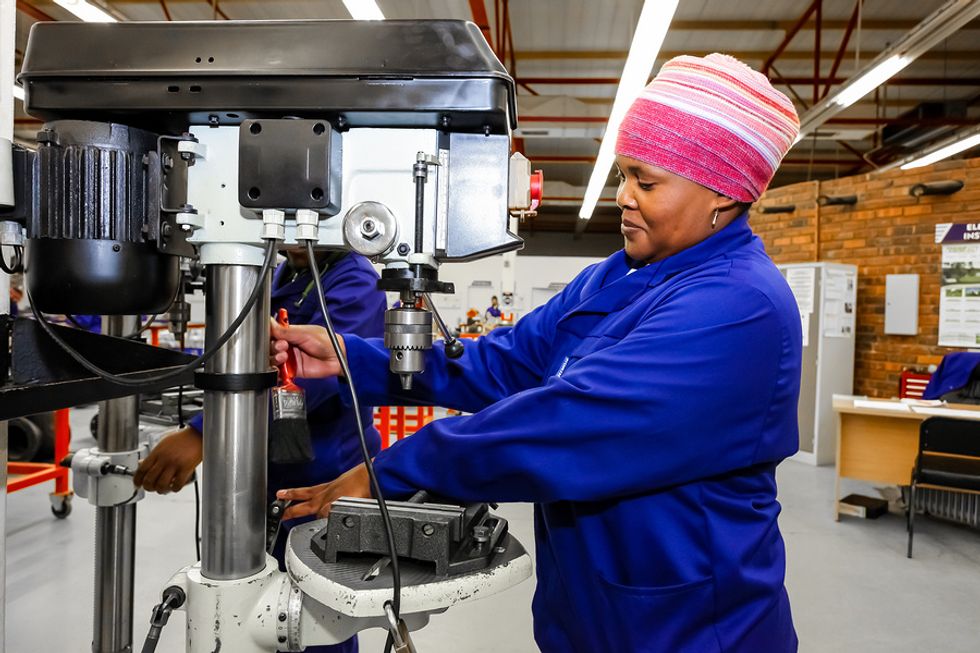13 Interview Tips For Introverts

Introverts often feel especially challenged by job interviews. They’re meeting new people out of their element and, given the level of importance attached to an interview, it may ramp up nervousness and keep them from performing their best.
If you’re an introvert who wants to perform your best during an upcoming interview, or just an extrovert looking for some additional interview help, apply these 13 interview tips!
Before The Interview

1. Practice.
2. Practice.
3. Pract… Well, you get the idea.
Over-preparing will give you a sense of mastery that can calm your nerves and improve your self-confidence and performance. Know the company, job, your resume, and your career goals inside and out. Write out the questions and answers you want to practice and edit them with a critical eye to get started. Then, practice with someone else playing the employer (mock interview), even if it is only on the phone. You may need to do this more than once.
Before the interview, do a dress rehearsal in your interview attire and in person, if possible. If you can afford it, engage a professionalâit is well worth the investment. If not, practice with someone whose opinion you trust.
4. Prepare notes that you can refer to during an interview.
Usually, it is perfectly expected for you to have a few copies of your resume, and a pen and paper, perhaps in a portfolio or folder. Don’t write in full sentences and keep your notes to the top page of your pad. Leave plenty of space to jot notes in a different color ink so that they are easy to pick out. You can write questions for the employer on the next page.
5. Wear comfortable, suitable clothes.
Think about the setting and your personal style and kick up your attire one more notch. We recommend dressing one level above the company’s dress code. Make sure that your clothing fits you well and is comfortable to wear sitting, standing, and walking. It should also look good front and back. Ask someone else’s opinion. You will already be nervous enoughâno need to add to it by allowing your mind to stray toward your outfit!
6. Visit the location early so you can visualize the setting.
This will also ensure that you know about any construction or other anomalies that may impact your arrival time and can react with a calm, cool demeanor. If it’s a public location, a quick reconnaissance will provide additional information to increase your comfort level and limit any fears that can be fed by the unknown.
During The Interview

7. Breathe instead of saying um, uh, etc.
As an introvert, you may get especially nervous when you have to speak in a public or unique situationâsuch as an interview! Instead of filling the silence with random syllables, breathe in. Typically, we stammer when we are trying to find the right words and feel the pressure. Focus on breathing in once and then breathe out while you think. This is usually enough to buy you time to find your language.
8. Strike a pose.
As introverts (or even extroverts!) we sometimes worry that the interviewer will wonder if we have “spaced out” or “lost it” if it takes too long to speak. If you have a pose you normally strike when thinking (a hand on your chin?), do that. Or, you can rephrase the question while searching your mind for the perfect words. Sometimes, the introverts I work with feel comfortable saying something like, “That is a good question, I am processing that as we speak!” A combination can also be employed, of course.
9. Smile.
Reallyâremind yourself to smile! When I worked as a telemarketer, many years ago, I learned that people can hear you smile when you speak. It is true. Well, if people on the other end of a phone can react to a smile, doesn’t it stand to reason that an in-person smile will make even more of a positive impression? Take the interview seriously, by all means, but show your humanity as well.
A recent introverted client became comfortable sharing the fact that he is an introvert during the interview. It works really well as a prelude to your answer to, “What is something you have to work on?” or “What is your greatest weakness?”
10. Keep your answers positive.
There is no need to provide anything but the best of your best during the interview. Unless asked specifically about a weakness or a project that has gone wrong, keep your mouth shut. Even then, always put a positive spin on things, and highlight what you’ve learned and how good you have become at planning and avoiding X, Y, and Z (use the “Experience + Learn = Grow” model for answering behavioral interview questions).
If you are introverted, you may be harder on yourself than anyone else. The last thing you want is to give your mind something to gnaw on while you try to be “in the moment” during an interview.
11. Ask questions.
In order to avoid an interview feeling like an inquisition, ask questions. Approach the interview as if it were a conversation: you listen, you respond, you interact, and the interviewer does the same. If you can nudge the interview in this direction, you will feel a lot more confident and comfortable than if the interviewer is asking all the questions!
12. Watch your body language.
Leaning forward shows that you are interested and alert. Crossing anything sends the message that you are closed off and negative. Leaning back in your chair may give the impression that you don’t care or are arrogant. Be careful not to fidget, doodle, or make faces while the interviewer is speaking or you are thinking.
After The Interview
13. Prepare for next time.
When you are safely out of sight, but before you get home, write down some notes about anything you might want to include in a thank-you note, ask in a follow-up or next interview, or could improve on the next time you interview for a job or need to speak in a public or unusual situation!
Interviewing as an introvert doesn’t have to be so hard. We hope you found these thirteen interview tips helpful, and now you have the confidence to ace your next job interview!
Good luck!
Need more help with your job search?
Become a member to learn how to land a job and UNLEASH your true potential to get what you want from work!
This article was originally published at an earlier date.









































